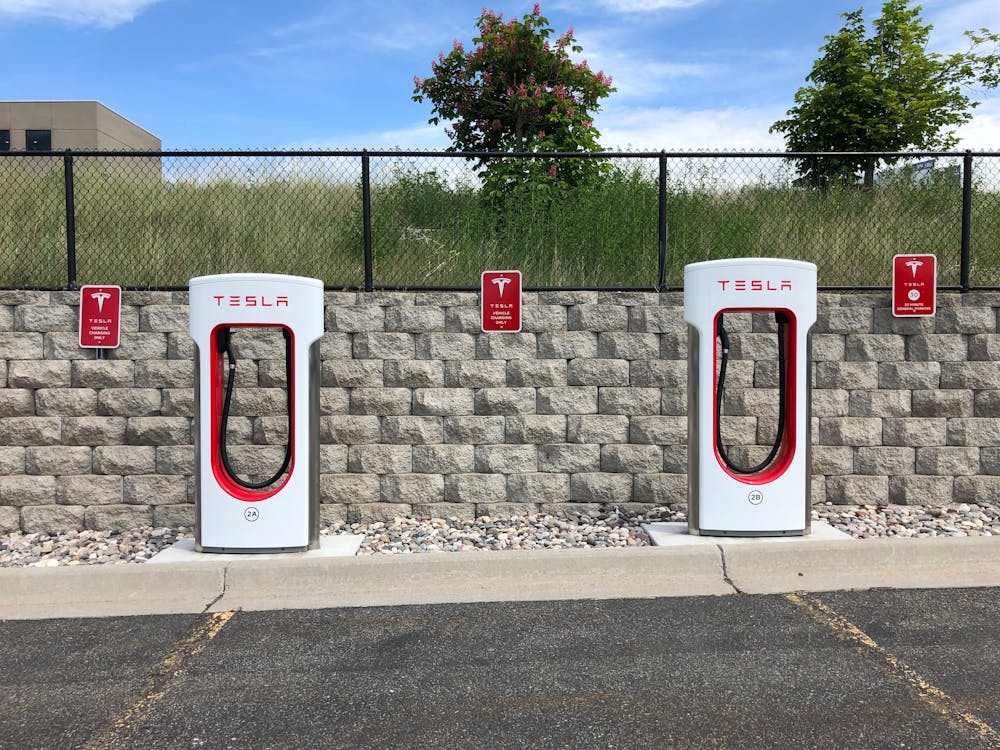The Future of Transportation: Electric Vehicles, Hyperloop, and Sustainable Mobility Solutions
The transportation landscape is undergoing a significant transformation. As concerns about climate change and environmental sustainability grow, the quest for innovative and eco-friendly mobility solutions has never been more critical. From electric vehicles (EVs) to the groundbreaking Hyperloop, and various sustainable mobility solutions, the future of transportation is poised to revolutionize the way we travel. In this article, we explore these advancements and their potential to create a greener, more efficient world.

Electric Vehicles: Driving Towards a Cleaner Future
Electric vehicles are at the forefront of the transportation revolution. Unlike traditional gasoline-powered cars, EVs are powered by electricity, significantly reducing carbon emissions and our reliance on fossil fuels. The adoption of electric vehicles is accelerating, driven by advancements in battery technology, increasing government incentives, and a growing network of charging infrastructure.
Key Benefits of Electric Vehicles:
Environmental Impact: EVs produce zero tailpipe emissions, which helps reduce air pollution and greenhouse gas emissions.
Cost Efficiency: Although the initial cost of electric vehicles can be higher, lower operating and maintenance costs make them more economical in the long run.
Performance: Modern electric vehicles offer impressive acceleration and performance, often surpassing their gasoline counterparts.
Energy Security: Reducing dependence on oil imports enhances national energy security.
Leading automakers like Tesla, Nissan, and Chevrolet are continually innovating, making electric vehicles more accessible and appealing to a broader audience. With projections indicating that EVs could dominate the automotive market within the next few decades, the shift towards electric mobility is inevitable.
Hyperloop: The Next Frontier in High-Speed Travel
While electric vehicles are transforming road travel, the Hyperloop promises to revolutionize long-distance transportation. Conceptualized by Elon Musk, the Hyperloop is a high-speed transportation system that uses magnetic levitation to propel passenger pods through low-pressure tubes at speeds exceeding 700 miles per hour.
Advantages of Hyperloop Technology:
Speed: Hyperloop systems could drastically reduce travel times between major cities. For example, a trip from Los Angeles to San Francisco could take just 30 minutes.
Efficiency: The reduced air resistance in low-pressure tubes allows for higher speeds with lower energy consumption.
Sustainability: Hyperloop systems can be powered by renewable energy sources, making them an environmentally friendly alternative to air and road travel.
Several companies, including Virgin Hyperloop and Hyperloop Transportation Technologies, are working to make this futuristic vision a reality. Test tracks are already in development, and commercial operations could begin within the next decade.
Sustainable Mobility Solutions: Integrating Green Technologies
Beyond electric vehicles and Hyperloop, a variety of sustainable mobility solutions are emerging to create a more integrated and environmentally friendly transportation ecosystem.
Public Transportation Innovations: Modernizing public transit systems with electric buses, light rail, and bike-sharing programs can reduce urban congestion and pollution.
Micro-Mobility: Electric scooters and bikes offer flexible and eco-friendly options for short-distance travel, particularly in urban areas.
Car-Sharing and Ride-Hailing: Platforms like Zipcar and Uber are incorporating electric and hybrid vehicles into their fleets, promoting shared mobility and reducing the number of cars on the road.
Smart Infrastructure: Intelligent transportation systems (ITS) and smart city initiatives are leveraging data and connectivity to optimize traffic flow, reduce congestion, and improve overall transportation efficiency.
Conclusion: Embracing a Sustainable Transportation Future
The future of transportation is undoubtedly exciting, with electric vehicles, Hyperloop technology, and a host of sustainable mobility solutions leading the way. These advancements not only promise to enhance our travel experiences but also play a crucial role in addressing global environmental challenges. As technology continues to evolve and more people embrace these innovations, we can look forward to a cleaner, more efficient, and sustainable transportation landscape.

 Cricket Score Counter
Cricket Score Counter Heads or Tails
Heads or Tails
You have not logged in, please Login to comment.